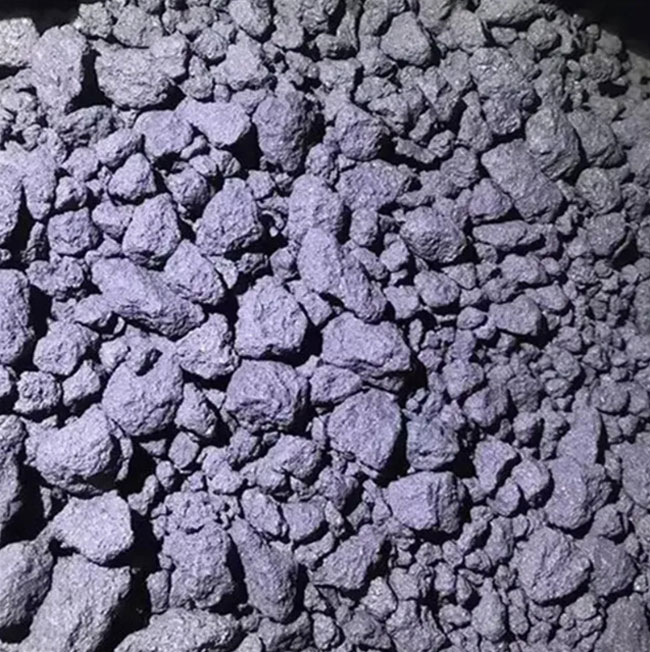
Petroleum coke is produced by thermally processing crude oil into fuels and other products. It is utilized to generate electricity and in the production of fertilizers, cement and metal smelting. Coke is grayish-black in color and has a honeycomb-like appearance. It also has an extremely low density as well as an appearance that resembles honeycombs. It is not solubilized in organic solvents. Its high carbon content, low ash and volatile matter contents make it an attractive and cheap alternative to coal as a fuel for power generation.
Petroleum coke is utilized in metallurgy for the production of anodes and kiln fuels for the production of glass or steel. Its low sulfur and lack of contaminants make it the most preferred raw materials for aluminium melting. Additionally, it is used to create titanium dioxide, an effective alternative to lead in paint. Unlike coal coke, petroleum coke is a very stable substance that doesn't readily ignite and can be carried in large quantities and stored in bags or silos. Transport is easy with conveyors, hoppers belts and trolleys.
The quality of petroleum koke may vary greatly depending on the refinement source and refinement process. It can be hard or soft, calcined or not, and has different volatile matter content as well as fixed carbon content. Calcined petcoke is less volatile matter as well as more fixed carbon than uncalcined. The percentage of metals in petroleum coke ranges from 0.2 percent to 6.6% and may contain heavy concentrations of nickel, aluminum copper, chromium, and iron.

The majority of petroleum coke is burnt in cyclone, wall-fired PC boilers to generate electricity. They are the most sought-after combustion systems in the United States, and other industrialized nations. The main advantages of cofiring petroleum coal into PC boilers include better control of sulfur dioxide emissions and decreased emissions of particulate matter and oxides of nitrogen.
Petroleum coke is a fantastic alternative to coal and can help reduce global greenhouse gas emissions. The major drawbacks of using coke as a fuel for PC boilers is the high levels of sulfur and metals that are present, which can damage industrial equipment and cause environmental damage. To avoid this, testing petcoke is critical to ensure that sulfur and metal levels are in safe levels. It also permits companies to supply high-quality petcoke to their customers and ensure that they meet industry standards and conform to the regulations. Utilizing a lab that is accredited for testing, companies are able to reduce costs and waste and pollution by providing safe materials. This will help them build confidence with their clients.

Write a Message